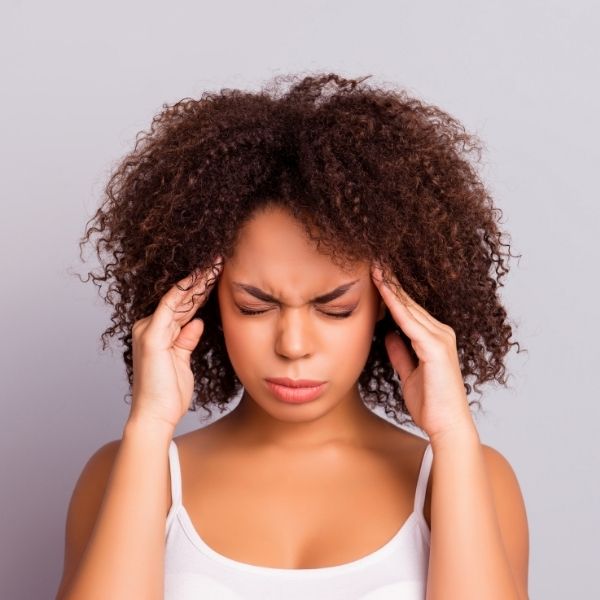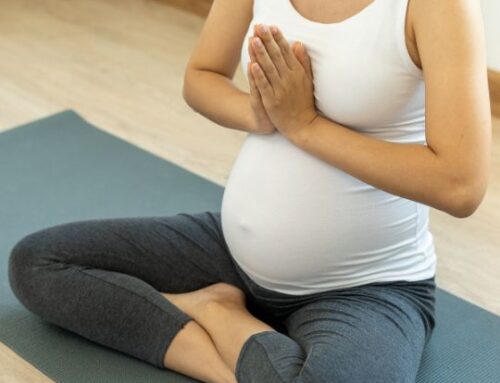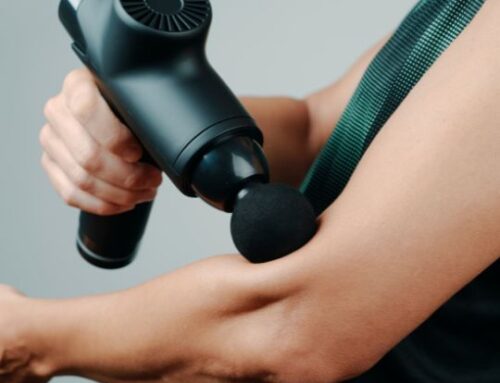Women more commonly experience hormonal headaches and migraines than men. Women are actually 3 times more likely to experience migraines than men. This is related to the ever changing fluctuation of our monthly hormones. This also explains why young girls, just beginning to menstruate, have an increased incidence of migraines and why women over the age of 50 tend to have a decreased number of migraines due to menopause.
Recently, my practice has been filled with women who explain their headaches and migraines as cyclical in nature – mainly occurring around ovulation or monthly menstruation. In the past, many of these patients have been told that their migraines or headaches are normal and that they will just continue to occur. Together, our providers have been working with a number of different healthcare professionals in the Rochester area to help these patients find relief!
The two common types of headaches that occur during the menstrual cycle are 1. Tension Headaches and 2. Migraines.
Tension Headaches: Tend to feel like a band of pressure wrapping around your head. They can be pulsatile in nature behind your eyes or in your temples. These are commonly experienced before the beginning of a woman’s period. Stress can also play a role in tension headaches.
Migraines: Commonly referred to as menstrual migraines and have a well established hormonal relationship. Approxiamtely 70% of women who experience migraines experience a menstrual association.
So why does this happen? At the beginning of your menstrual cycle estrogen slowly increases and if pregnancy does not occur, your estrogen level will rapidly decline and get to its lowest point right before your period begins. This drop in estrogen has been a PROVEN migraine trigger. Along with this decline in estrogen, serotonin also decreases which can lead to more nerve sensitivity and the dilation of blood vessels in the brain ultimately leading to that classic migraine pain we know all too well. Estrogen also regulates pain chemicals in the brain (endorphins or enkephalins) and as our estrogen levels drop we are more susceptible to pain just before our period starts. This is why EVERYTHING hurts just before our periods and also why menstrual migraines tend to be intense and are less responsive to the usual medications. Even the smaller drop in estrogen before ovulation can be enough to trigger a migraine. Unfortunately some women can experience migraines pre-ovulation and premenstrually. UGH!
Although migraines can have a hormonal component, you may want to consider avoiding other migraine triggers like drinking too much caffeine, eating too much sugar, not getting enough sleep and STRESS. Stress can definitely be quickly disregarded with regard to migraines, but regular meditation, getting enough sunlight and sleeping well can be extremely beneficial with stress relief, in turn helping with migraines!
Stay tuned for Part 2 of this topic when we talk about preventing hormonal headaches and migraines naturally!





